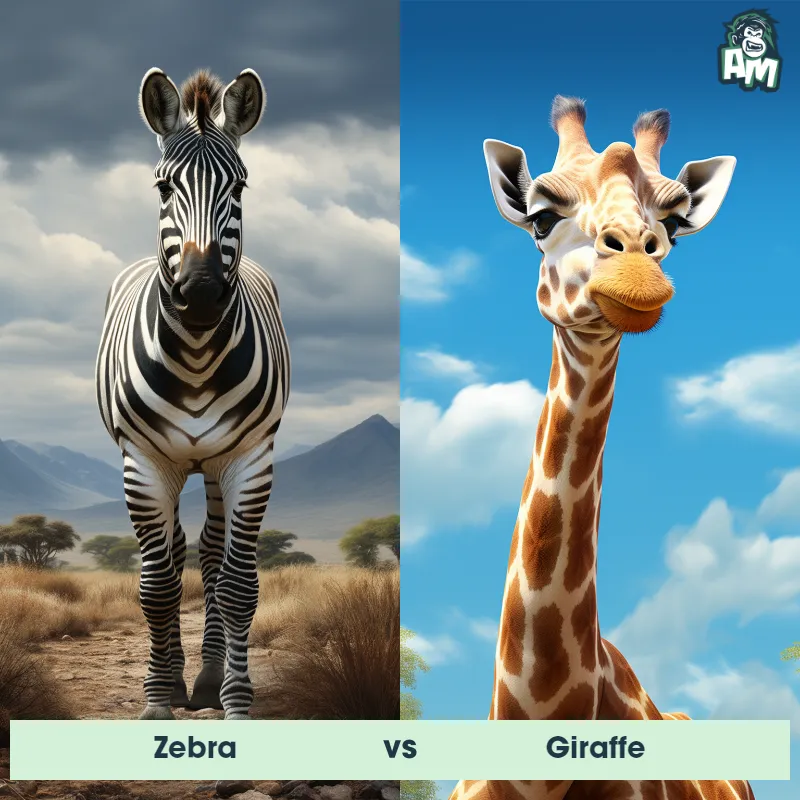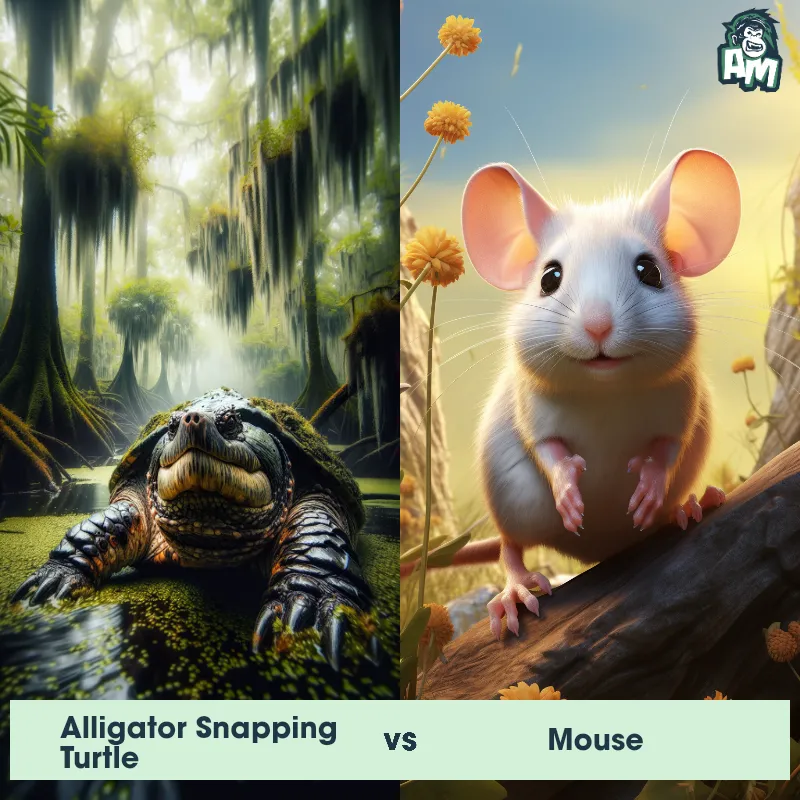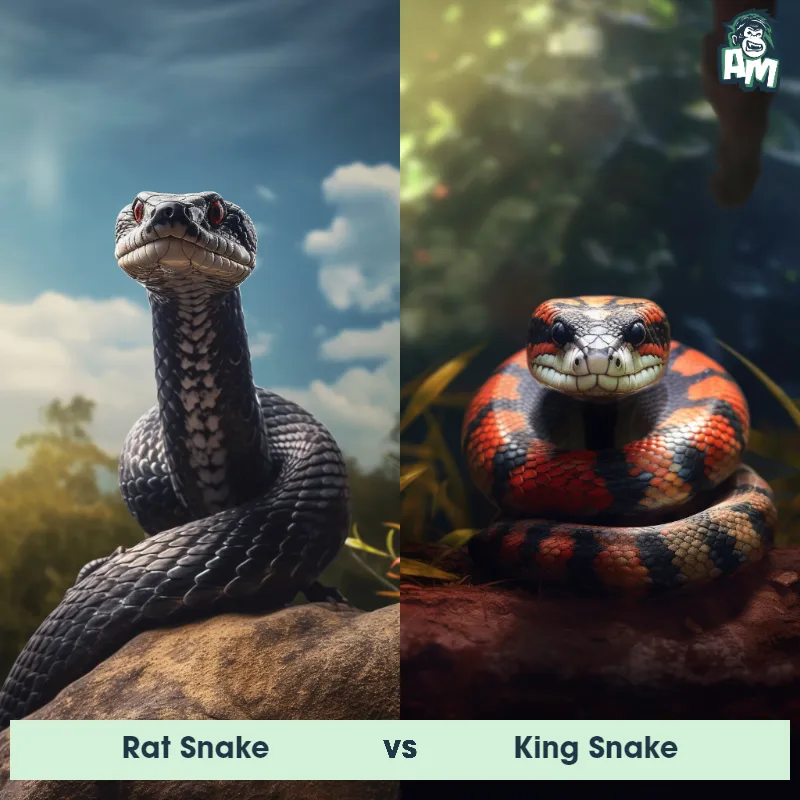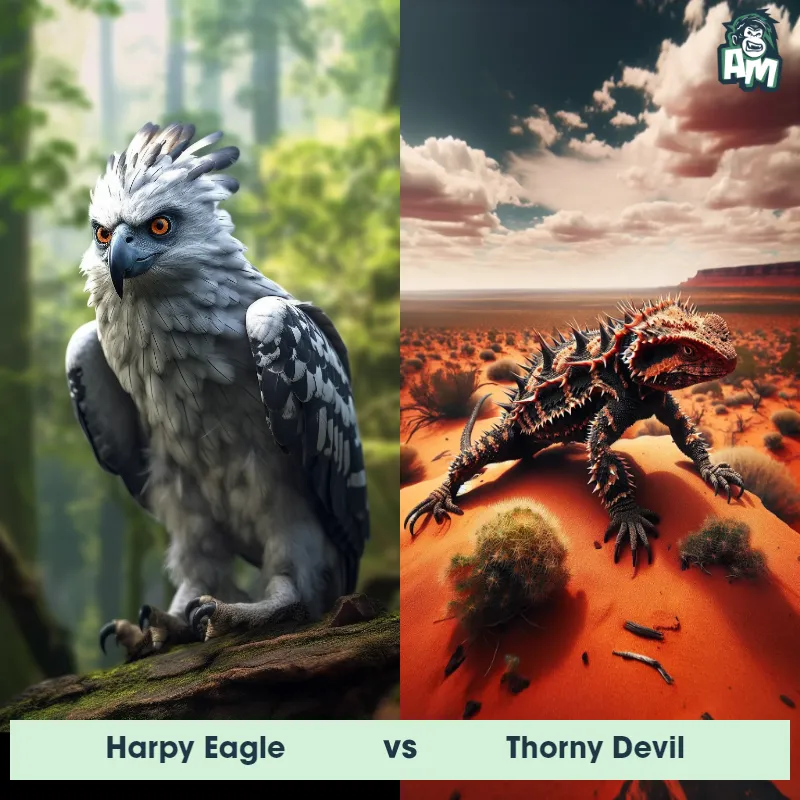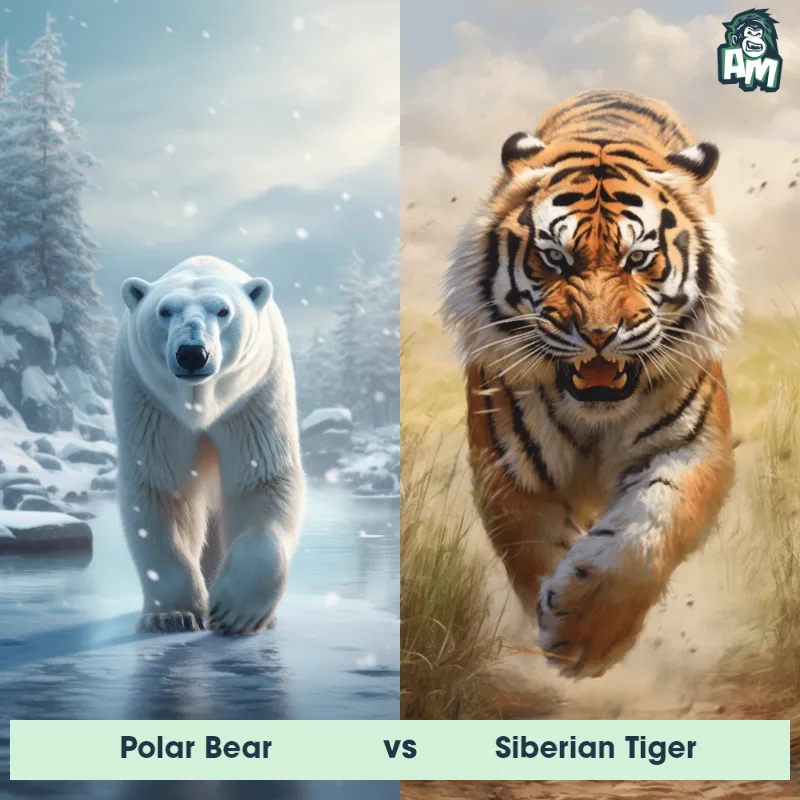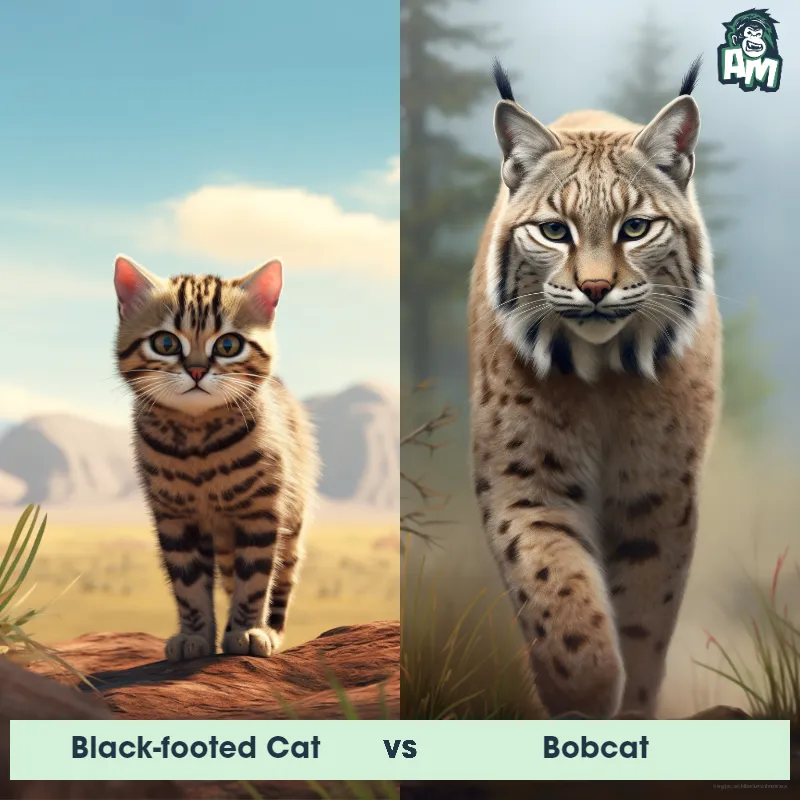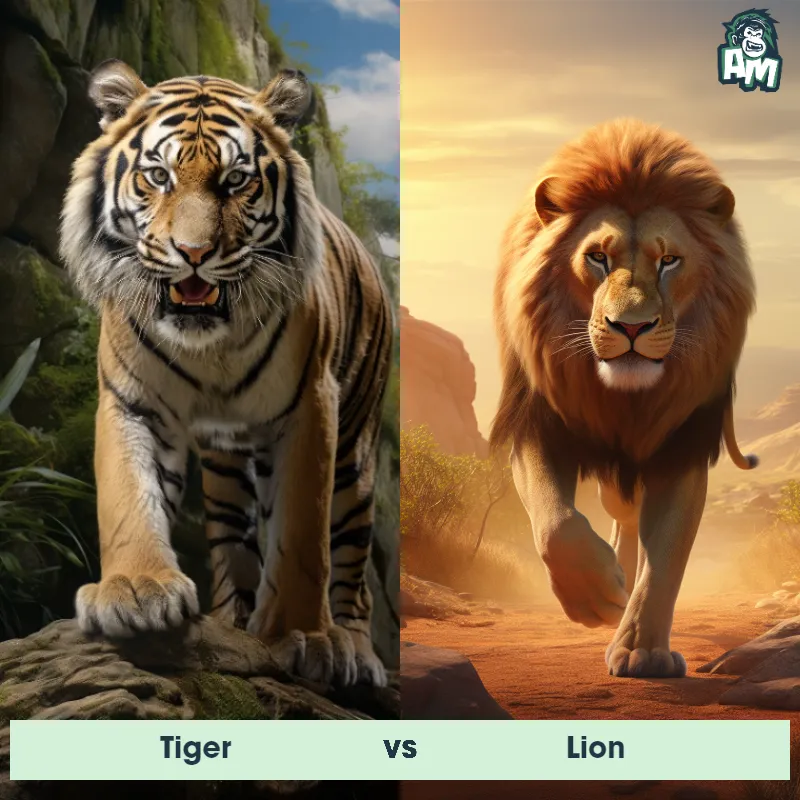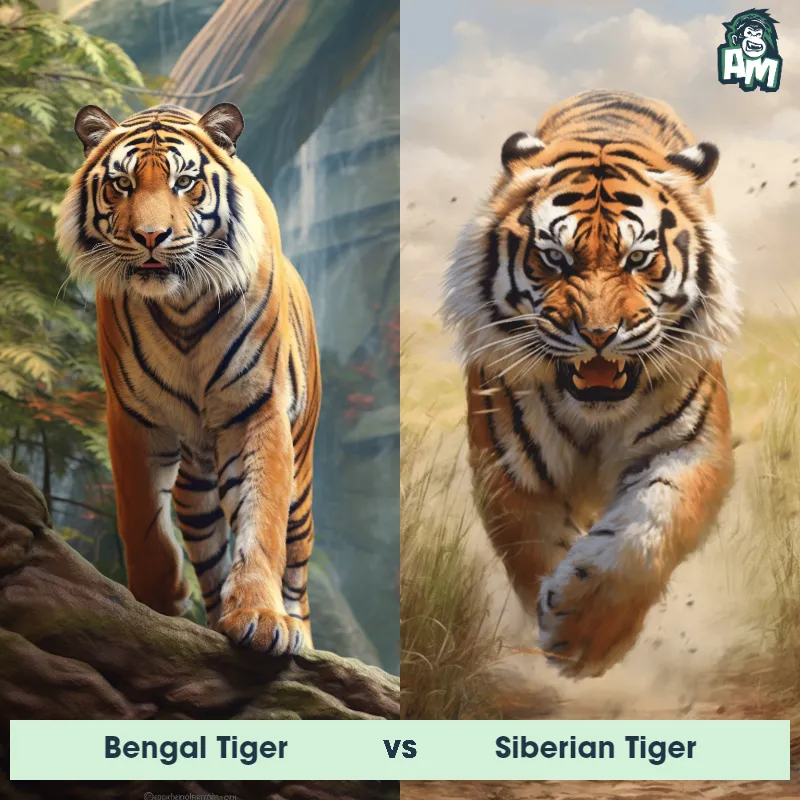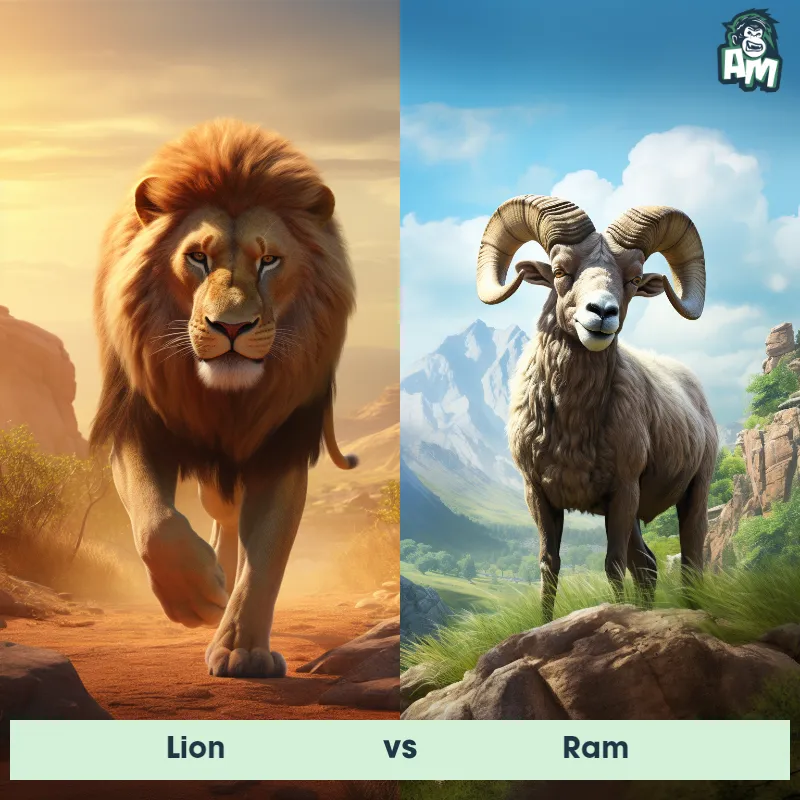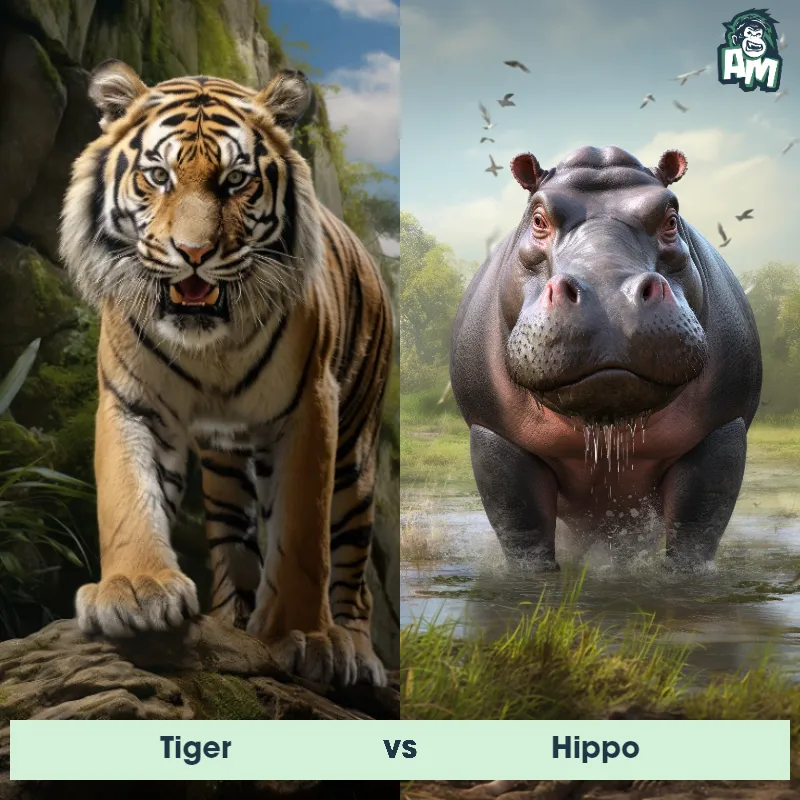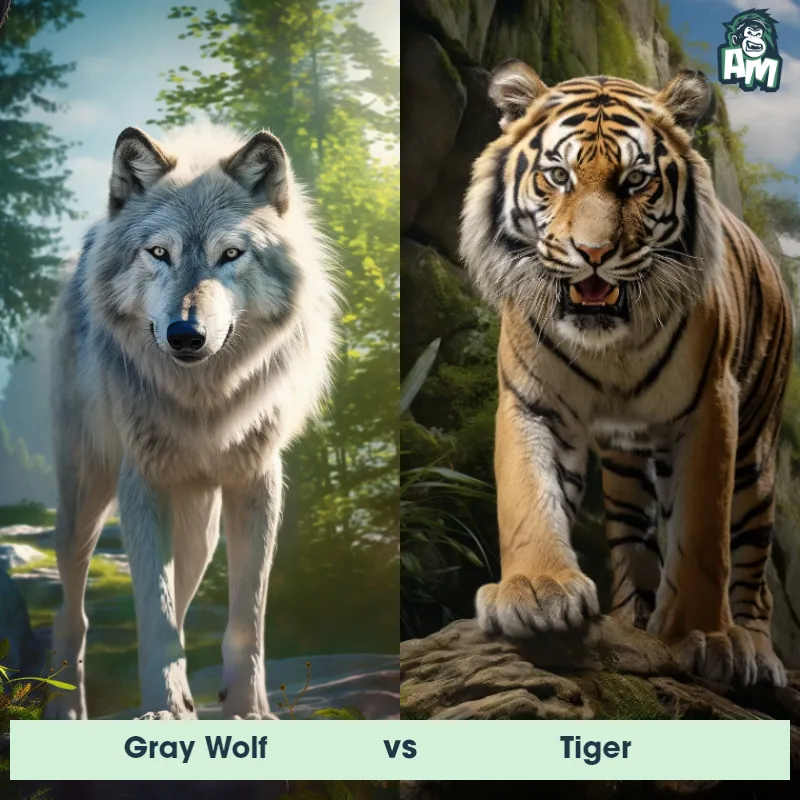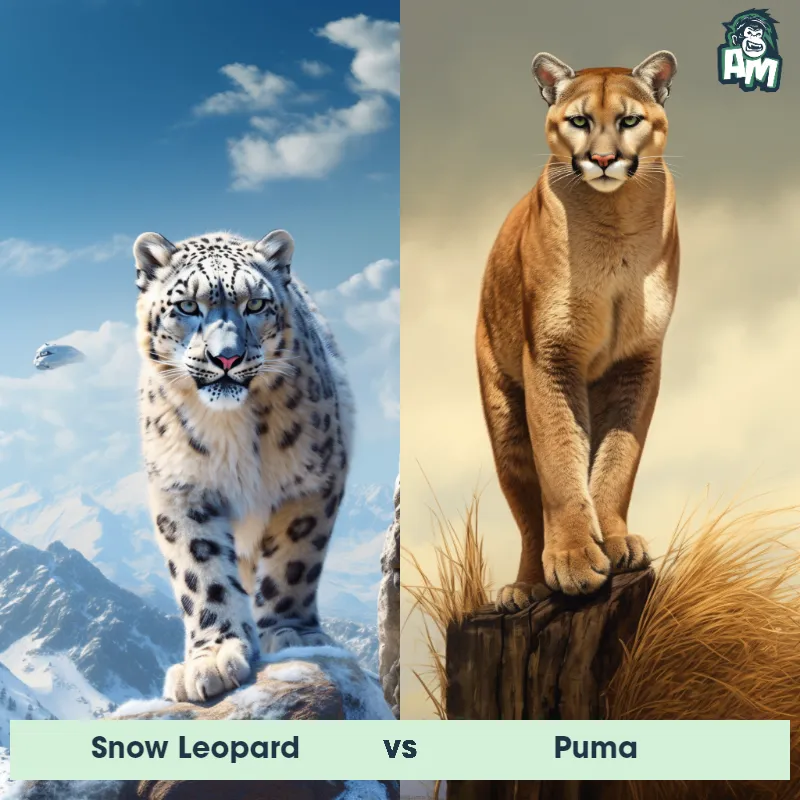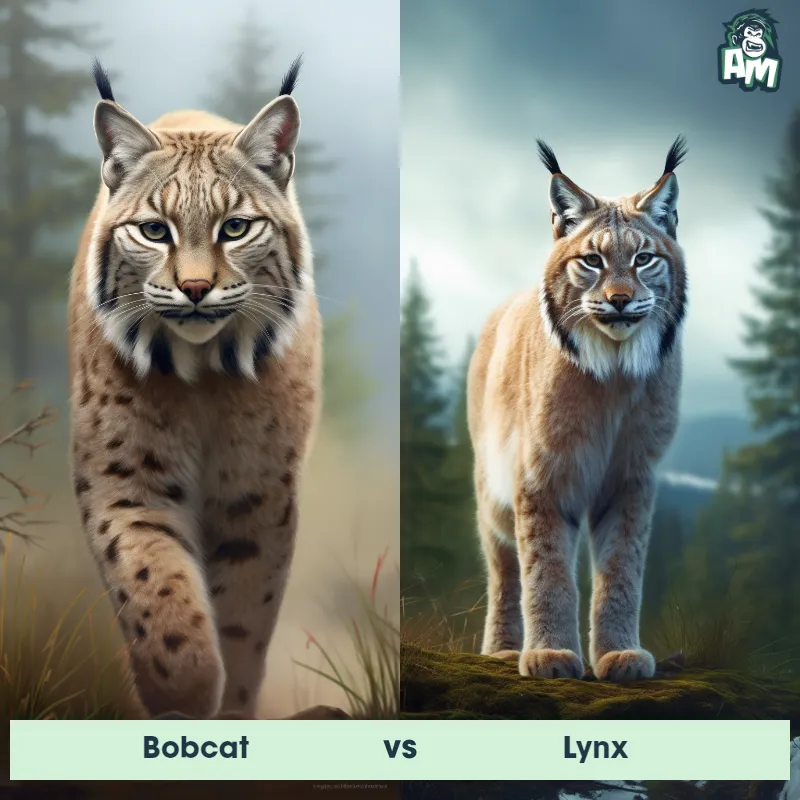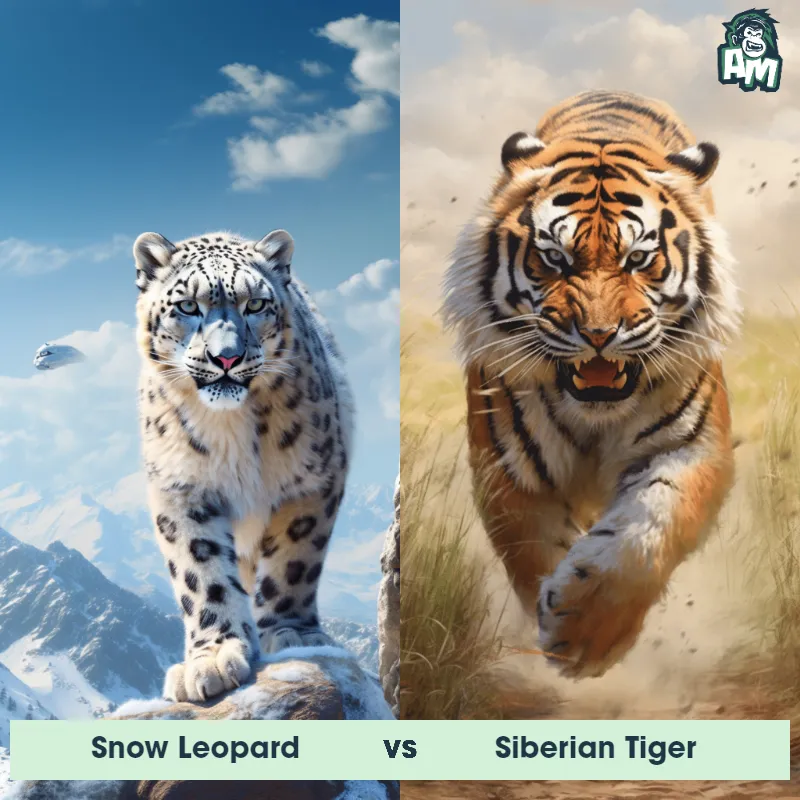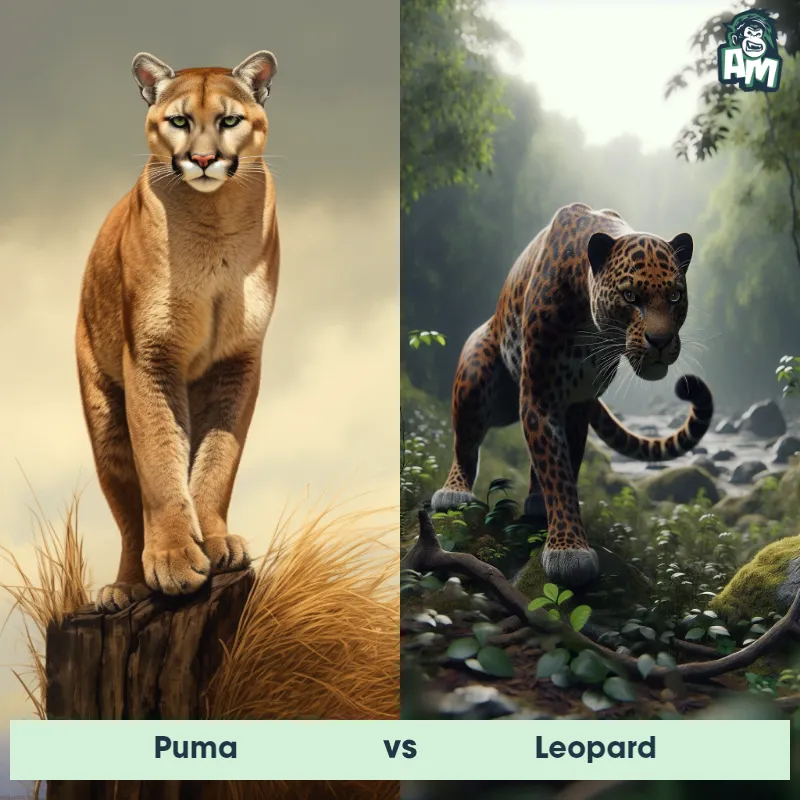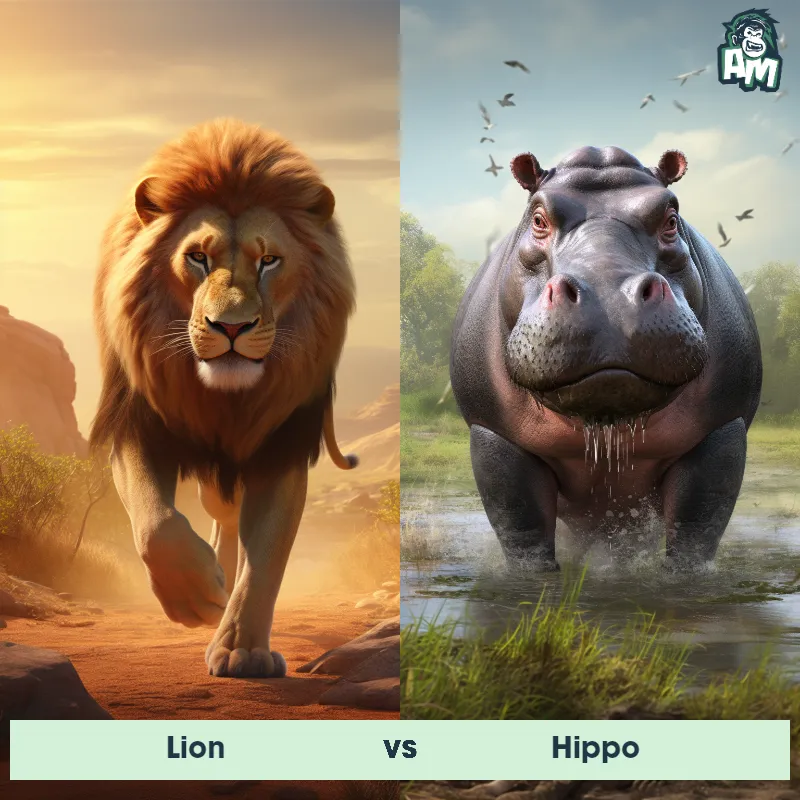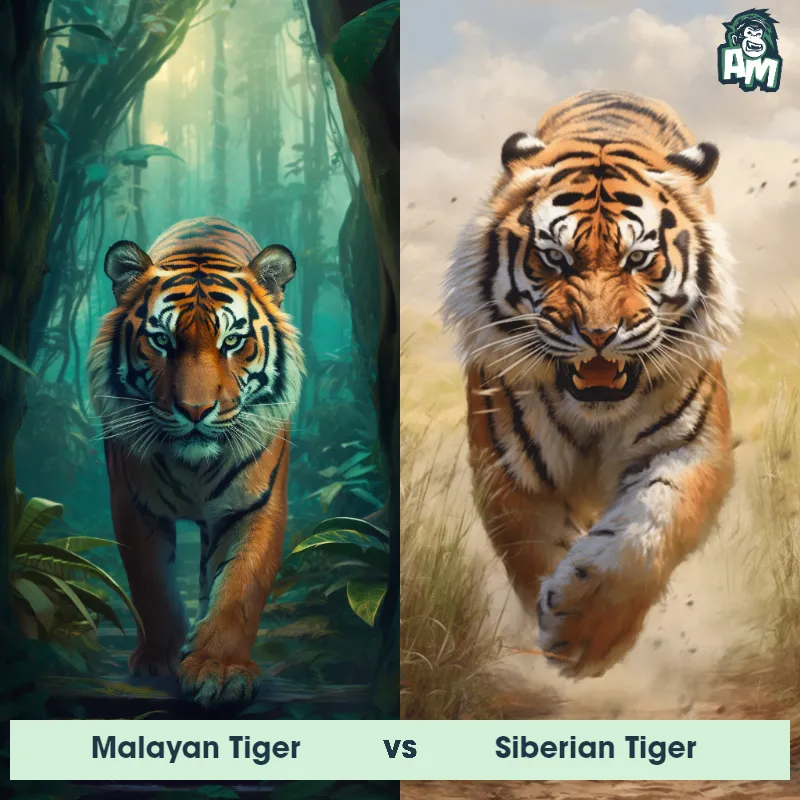Lynx vs HousecatSee Who Wins
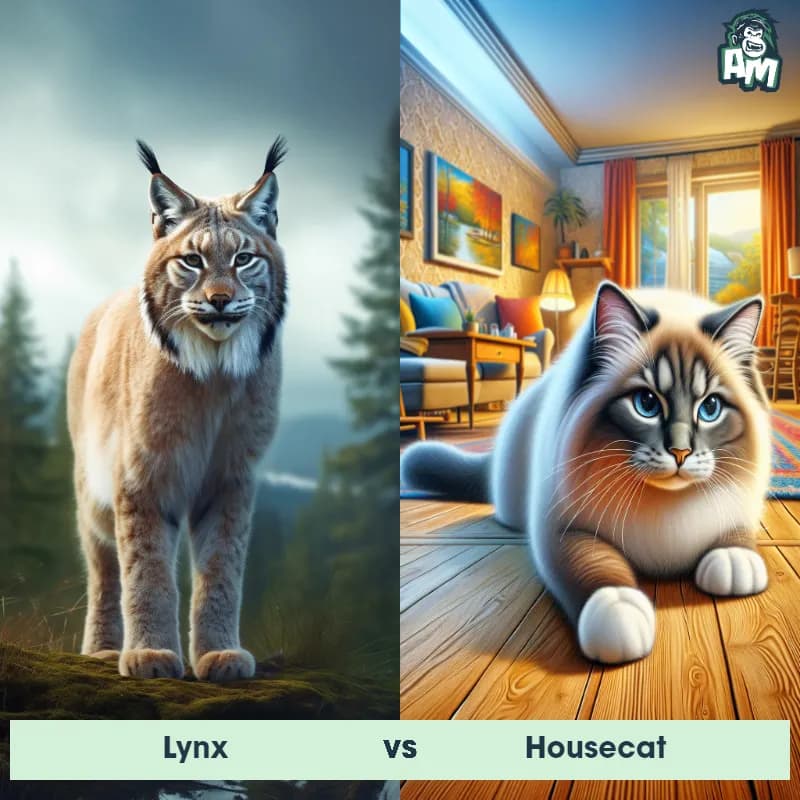
Ladies and gentlemen, welcome to another thrilling matchup here tonight at this electrifying arena! We have a battle of the felines that is sure to keep us on the edge of our seats. In one corner, weighing in at a sleek and agile 25 pounds, we have the Lynx! And in the other corner, a nimble and domesticated housecat weighing in at a feisty 10 pounds. It's time to witness the clash of these fierce predators as they go paw-to-paw in this three-round fight. Let the action begin!
Contender 1: Lynx
The Lynx is a medium-sized wild cat with distinctive tufted ears, short tail, and spotted fur. They have powerful legs and sharp claws, which make them excellent hunters. Lynx are solitary animals and are found in forests and mountainous regions across Europe, Asia, and North America.
Fun Fact: Lynx have excellent hearing and can detect prey up to 75 feet away, even under a thick layer of snow.
Contender 2: Housecat
The Housecat, also known as Felis catus, is a small domesticated carnivorous mammal. These feline creatures are known for their graceful movements, sharp retractable claws, and keen senses of hearing and sight. They come in various colors and coat patterns, with some having short hair while others have long, silky fur. Housecats have a compact and muscular body, along with highly flexible spines that enable them to pounce and leap with incredible agility. These independent creatures are known for their grooming rituals and their ability to communicate using various vocalizations and body language.
Fun Fact: Housecats have a specific body posture known as the "Halloween Cat," where they arch their backs, puff up their tails, and raise their fur to appear larger and more intimidating when feeling threatened or scared.
Matchup Stats
| Lynx | Housecat | |
|---|---|---|
| Size | 18-24 inches (45-60 cm) at the shoulder | Height: 9-10 inches (22-25 cm) |
| Weight | 18-24 pounds (8-11 kg) | 8-10 pounds (3.6-4.5 kg) |
| Speed | Speed: 50 mph (80.47 km/hr) | 30mph (48km/h) |
| Key Strength | Powerful legs and sharp claws | Stealth and agility |
| Biggest Weakness | Short tail | Size and physical strength |
Current Votes
Lynx vs Housecat
See Who Wins
View More Matches
Looking For More?
Similar Matches
Scientific Stats
| Lynx | Housecat | |
|---|---|---|
| Scientific Name | Lynx | Felis catus |
| Family | Felidae | Felidae |
| Habitat | Forests and mountainous regions | Domestic, indoor environments |
| Geography | Europe, Asia, and North America | Worldwide, found in many countries |
| Diet | Small mammals, birds, and fish | Carnivorous, primarily eat meat-based cat food |
| Lifespan | 10 years - 15 years | 12 years - 16 years |
Key Differences between Lynx and Housecat
- Tail Length: Lynx have relatively short tails, measuring about 4-8 inches in length, while Housecats have longer tails, typically measuring around 11-12 inches.
- Size: The Lynx is significantly larger than the Housecat, with an average weight of 18-40 pounds for Lynx compared to an average weight of 7-10 pounds for Housecats.
- Leg Proportions: Lynx have long legs in relation to their body size, adapted for better mobility in snowy habitats, compared to Housecats, which have relatively shorter legs in proportion to their body.
- Facial Expression: Lynx have a more prominent facial ruff, giving them a "bearded" appearance, while Housecats have a less pronounced ruff and a smoother facial profile.
- Fur: Lynx have a dense, long, and fluffy fur coat that is typically in shades of gray or brown with noticeable black tufts on their ears, while Housecats can display a wide variety of coat colors and patterns but typically have shorter and less dense fur.
- Ear Shape: Lynx have distinctive tufted ears with long black ear tufts, whereas Housecats have rounded ears without tufts.





